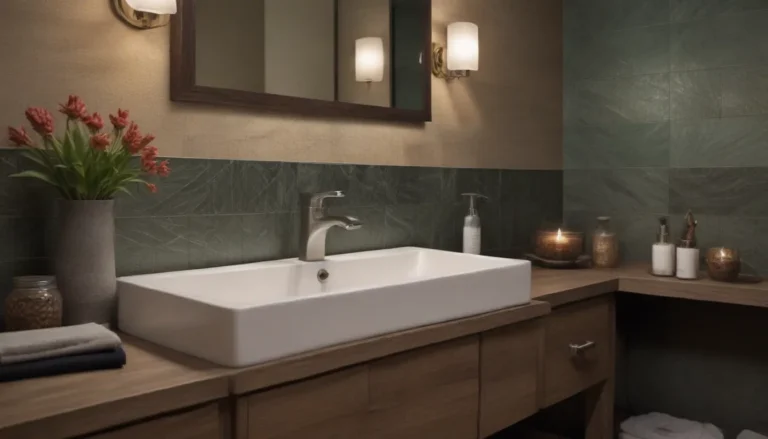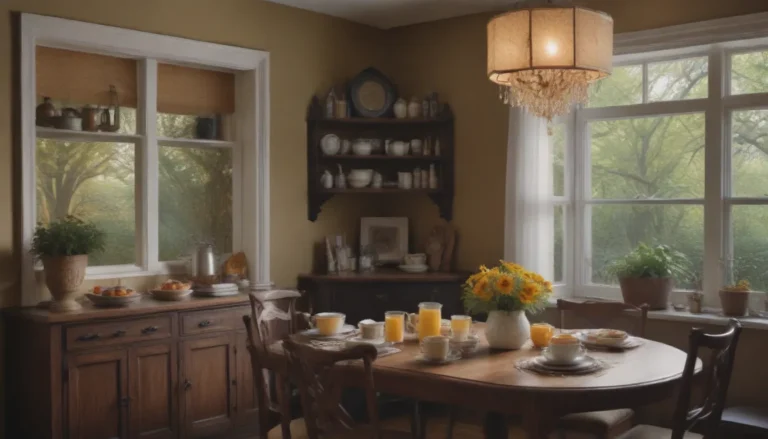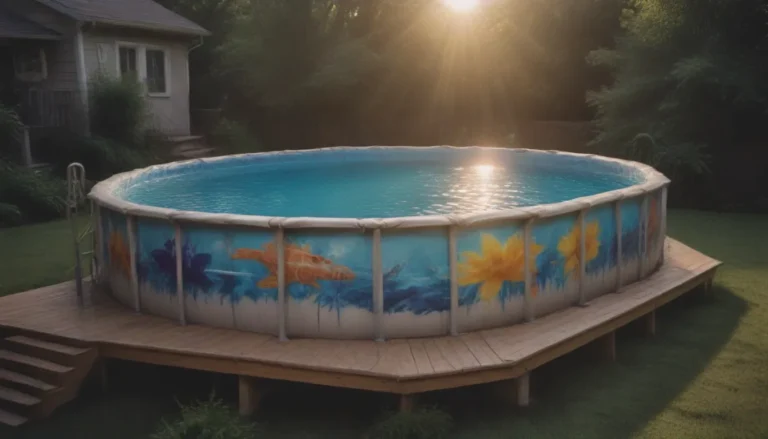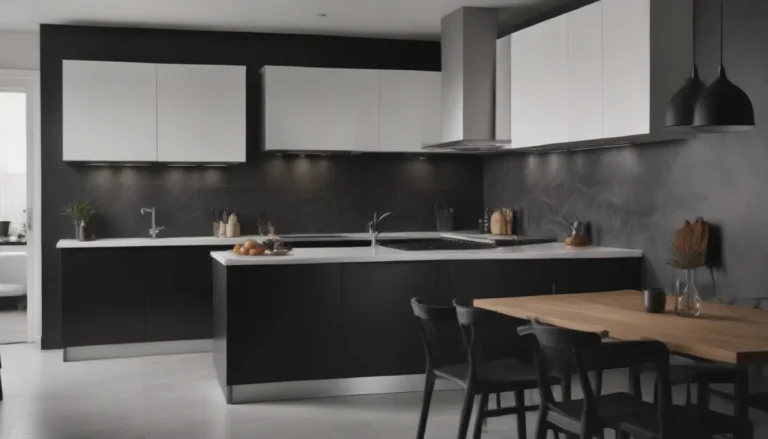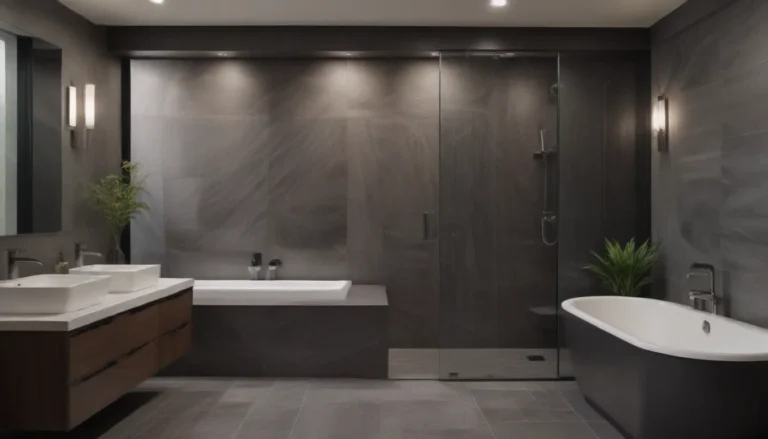Maintaining Clean Pool Water: The Importance of Testing Free Chlorine vs. Total Chlorine Levels
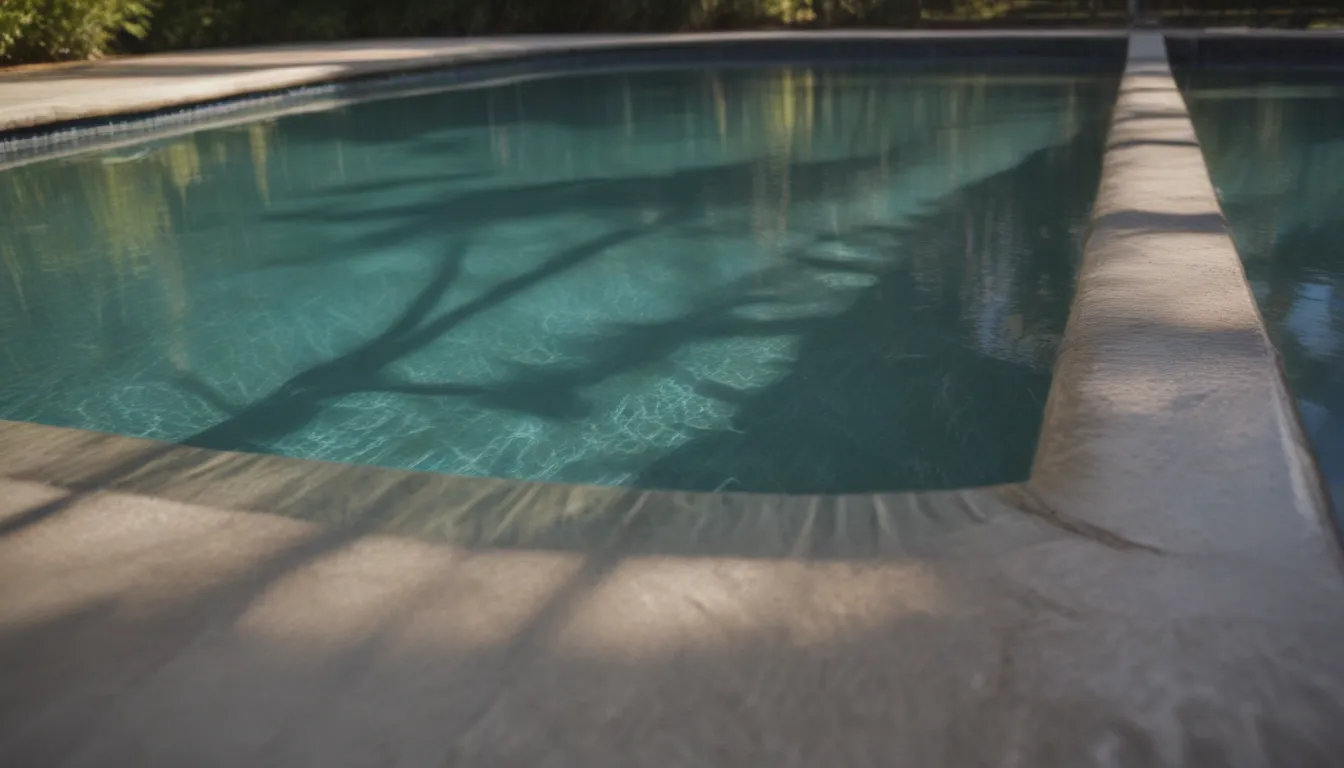
Introduction
So, you’ve got your swimming pool or hot tub, and the last thing you want is murky water. Chlorine is the go-to solution for most pool and tub owners to keep their water crystal clear. However, dealing with chlorine can sometimes be a bit tricky. Understanding the differences between free chlorine vs. total chlorine is crucial to ensure your water stays clean and safe for you and your family to enjoy.
Why Chlorine Matters
Chlorine plays a vital role in maintaining the cleanliness of pool and spa water by killing off bacteria, algae, and other contaminants. It helps neutralize swimmers’ byproducts like sweat and urine, as well as oils and deodorants. In short, chlorine is your best friend when it comes to keeping your pool water safe and healthy.
Types of Chlorine
There are three types of chlorine that are important to understand:
– Free chlorine
– Combined chlorine
– Total chlorine
Let’s delve deeper into each of these categories to grasp their significance in maintaining water quality.
What Is Free Chlorine?
Free chlorine refers to the beneficial chlorine present in the water that is readily available to combine with contaminants. This type of chlorine is responsible for killing off harmful organisms and neutralizing impurities in the water. Also known as chlorine residual or free chlorine residual, this form of chlorine is essential for water sanitation.
What Is Combined Chlorine?
Combined chlorine, also called chloramines, is a less desirable but more stable form of chlorine. While it can still work on breaking down contaminants, excessive levels of combined chlorine can lead to that infamous strong chlorine smell. If combined chlorine levels are too high, it’s time to shock your water to restore the balance and effectiveness of chlorine in your pool or spa.
What Is Total Chlorine?
Total chlorine is the sum of free chlorine and combined chlorine levels in the water. By using the formula F + C = T, you can easily calculate the total chlorine reading in your pool or spa. Understanding total chlorine levels is crucial in ensuring that your water is adequately sanitized.
How Chlorine Works
Chlorine is a powerful agent that eliminates algae, bacteria, and other harmful organisms in water. While municipal water receives treatment with chlorine, pool water requires higher levels and regular maintenance to keep it safe for swimming. Free chlorine, combined chlorine, and total chlorine work together to sanitize the water and maintain its cleanliness.
Chlorine Levels for Safety
Regular testing of chlorine levels in your pool or spa is essential to ensure the safety and cleanliness of the water. A pool water test kit is a handy tool that allows you to monitor chlorine levels and other factors like pH, alkalinity, and hardness. Most kits provide easy-to-read results that indicate whether your chlorine levels are within the ideal range.
- Aim for a free chlorine level between 1 to 3 ppm to keep your water safe for swimming.
- Avoid letting free chlorine levels drop below 1 ppm to prevent contamination.
- High free chlorine levels of 3 to 9 ppm can still be safe but may cause skin and eye irritation.
Additional Tips for Pool Maintenance
In addition to monitoring chlorine levels, follow these tips to keep your pool or hot tub in top condition:
– Regularly clean filters to ensure optimal water circulation.
– Skim the surface of the water to remove debris like leaves and bugs.
– Shock the water periodically to maintain chlorine effectiveness.
– Maintain proper pH levels to prevent corrosion and scale buildup.
By staying on top of testing your water quality and maintaining proper chlorine levels, you can ensure that your pool or spa remains a safe and enjoyable environment for you and your family.
Conclusion
Maintaining clean and safe pool water is a top priority for any pool or hot tub owner. By understanding the differences between free chlorine vs. total chlorine and monitoring chlorine levels regularly, you can ensure that your water remains crystal clear and free of harmful contaminants. Stay proactive in your pool maintenance routine to enjoy a refreshing and relaxing swimming experience all season long.

